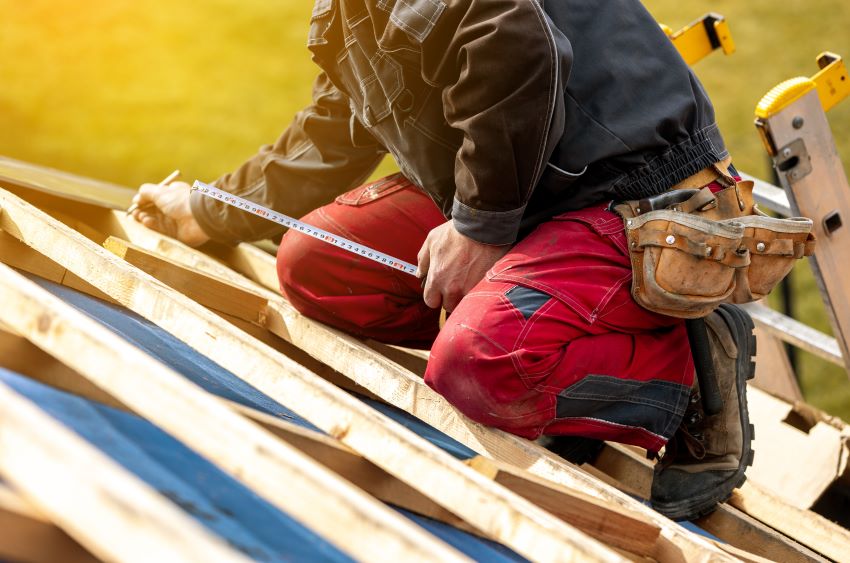
Homeowners are being encouraged to have hurricane straps installed or to retrofit their roofs using these straps in preparation for this hurricane season.
Hurricane straps, according to Maintenance Supervisor at the Ministry of Housing, Lands and Maintenance, Terrol Inniss, are essential for securing residential roofs against strong winds.
“We have to understand that the straps are no better than how you install them because they have to be installed correctly, and you must use the correct type of strap for the correct circumstance,” said Mr. Inniss, who stressed that several types of hurricane straps are available and proper installation is crucial for structural integrity.
“Very many times the challenge that we’re having is that even the artisans themselves are not familiar as to how straps are supposed to be installed; why they’re installed the way that they are; and the different types of straps for the particular applications,” he said.
When hurricane straps are added to an already existing roof, this is called retrofitting, which, as Mr. Inniss explained, may be a lot more difficult, because it is easier to outfit a house that is newly being built than to restore an old one. “So, if you’re going to retrofit, the best thing to do is to get someone who knows what they are doing,” he pointed out.
He insisted that homeowners should not skimp or try to economise on the number of hurricane straps that are adequate for their home, since the roof is a structure’s first line of defence against the impact of a natural disaster.
Stressing that roofs are very vulnerable to wind damage, Mr. Inniss advised: “If you do not put in enough straps, the challenges are, that in the areas where you are vulnerable, the wind will start to take off the roof in that direction. Your home will only protect you if you take good care of it. Add hurricane straps to your roof and help your house to help you and your family stay safe.”
